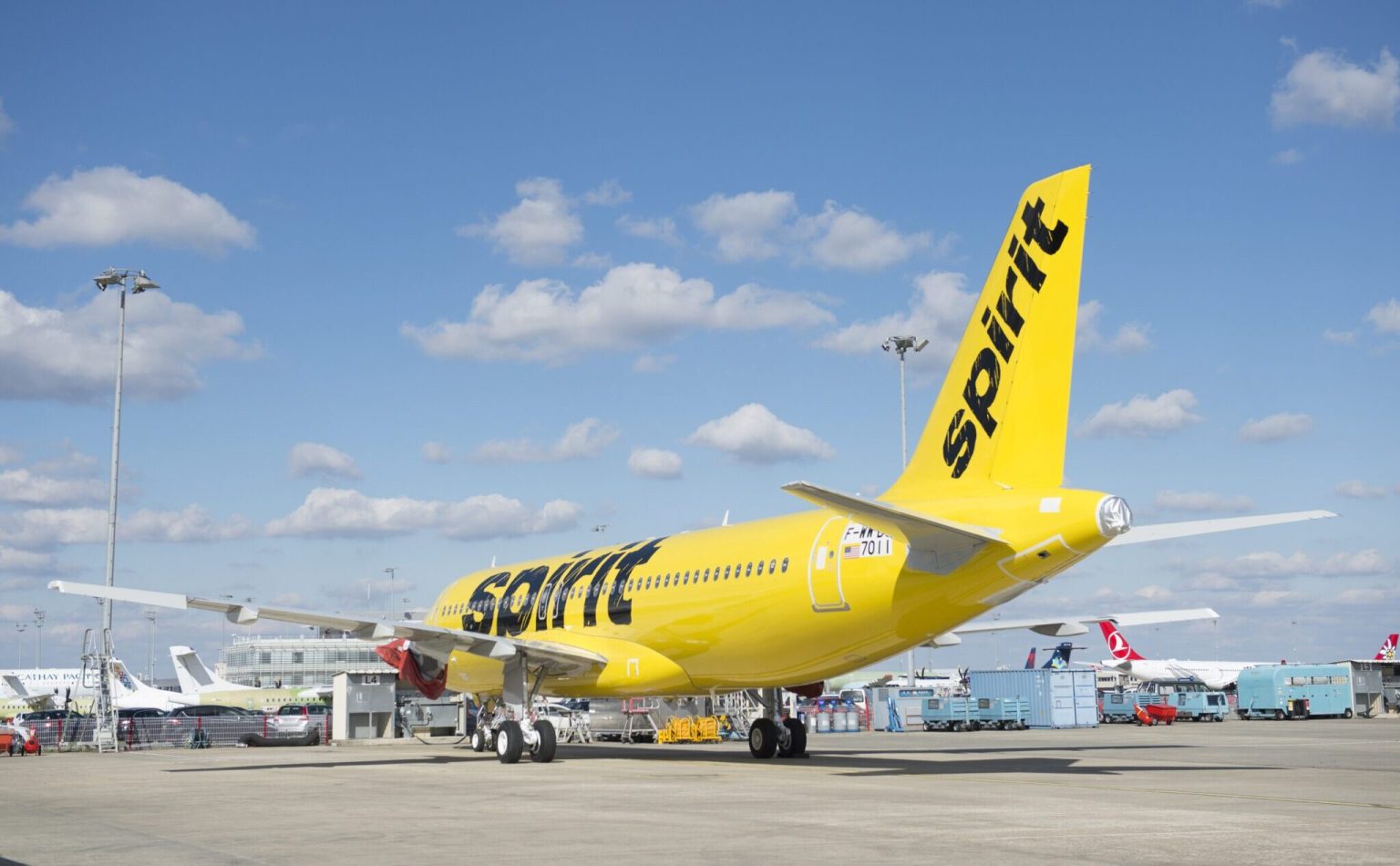In response to its financial challenges, Spirit Airlines has announced two major changes to improve its balance sheet. Firstly, the carrier has brokered a deal with Airbus to delay deliveries of some new planes. This decision will improve Spirit’s liquidity position by approximately $340 million over the next two years. The deferred planes will now arrive around five years later between 2030 and 2031, impacting orders within the 2025-2026 period. The move aims to reset the business and focus on the core airline while adjusting to changes in the competitive environment. The airline also plans to furlough around 260 pilots from September 1, attributed to grounded aircraft and aircraft deferrals affecting the pilot pool.
The decision to defer plane deliveries is a strategic move by Spirit Airlines to enhance its liquidity and financial stability amid ongoing challenges. The deferrals will help the airline navigate changes in the competitive environment and position itself for a return to profitability. By working with Airbus on this arrangement, Spirit shows a commitment to long-term success and financial health. On the pilot front, the furloughs are necessary due to grounded aircraft and deferrals of future deliveries, reflecting the challenging circumstances faced by the airline and the need to make difficult decisions to protect the company’s long-term growth prospects.
Spirit Airlines has encountered financial hurdles since the pandemic, with $1.1 billion in debt set to mature in 2025. The airline has taken steps to shore up its liquidity, such as selling and leasing back aircraft to pay down debt and increase cash reserves. Despite facing uncertainties after the collapse of a planned merger with JetBlue, Spirit’s management remains focused on addressing its financial challenges and avoiding bankruptcy. The airline’s CEO, Ted Christie, has refuted claims that the company may need to file for bankruptcy or find another buyer, emphasizing their commitment to navigating the current situation.
The impact of Pratt & Whitney engine issues has contributed to Spirit’s decision to furlough pilots, highlighting the operational challenges faced by the airline. The discovery of contaminated powdered metal in geared turbofan engines led to the grounding of Airbus A320neo jets and required checks and repairs, affecting the availability of aircraft in the fleet. Spirit expects to receive compensation for these issues, but the disruptions have necessitated difficult decisions, including pilot furloughs. Despite these challenges, the airline remains focused on protecting team members while striving to return to positive cash flow and secure long-term growth.
Spirit Airlines’ strategic adjustments, such as delaying plane deliveries and furloughing pilots, indicate a proactive approach to addressing its financial difficulties. By working with partners like Airbus and implementing cost-saving measures, the airline aims to improve its liquidity, financial stability, and operational efficiency. The decisions made by Spirit’s management reflect a willingness to make tough choices in the face of adversity to ensure the company’s long-term viability. As the airline industry continues to navigate challenges, Spirit’s actions demonstrate a commitment to weathering the storm and positioning itself for future growth.


